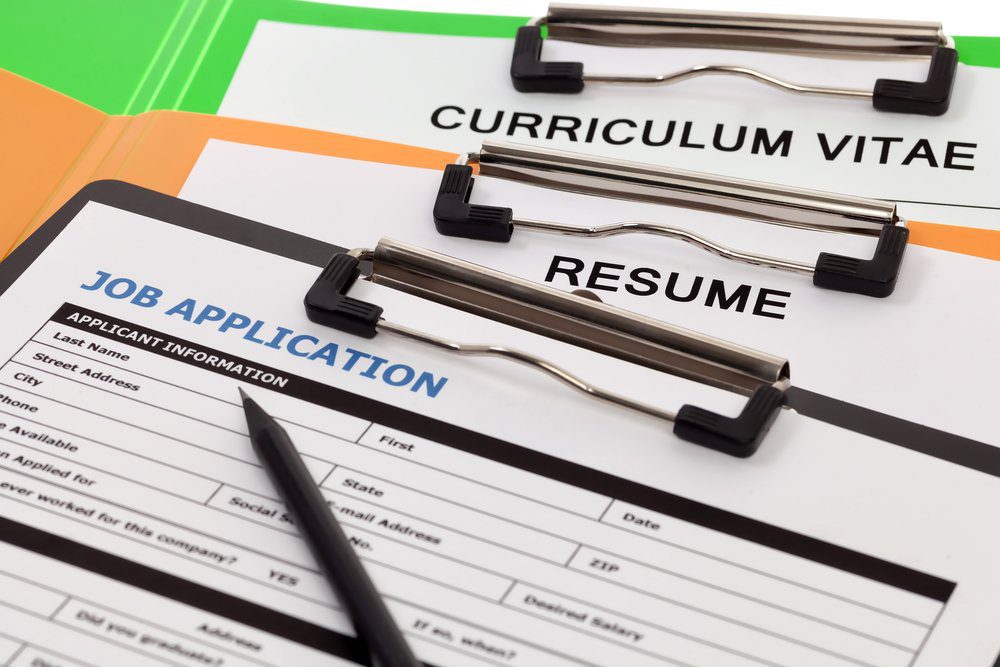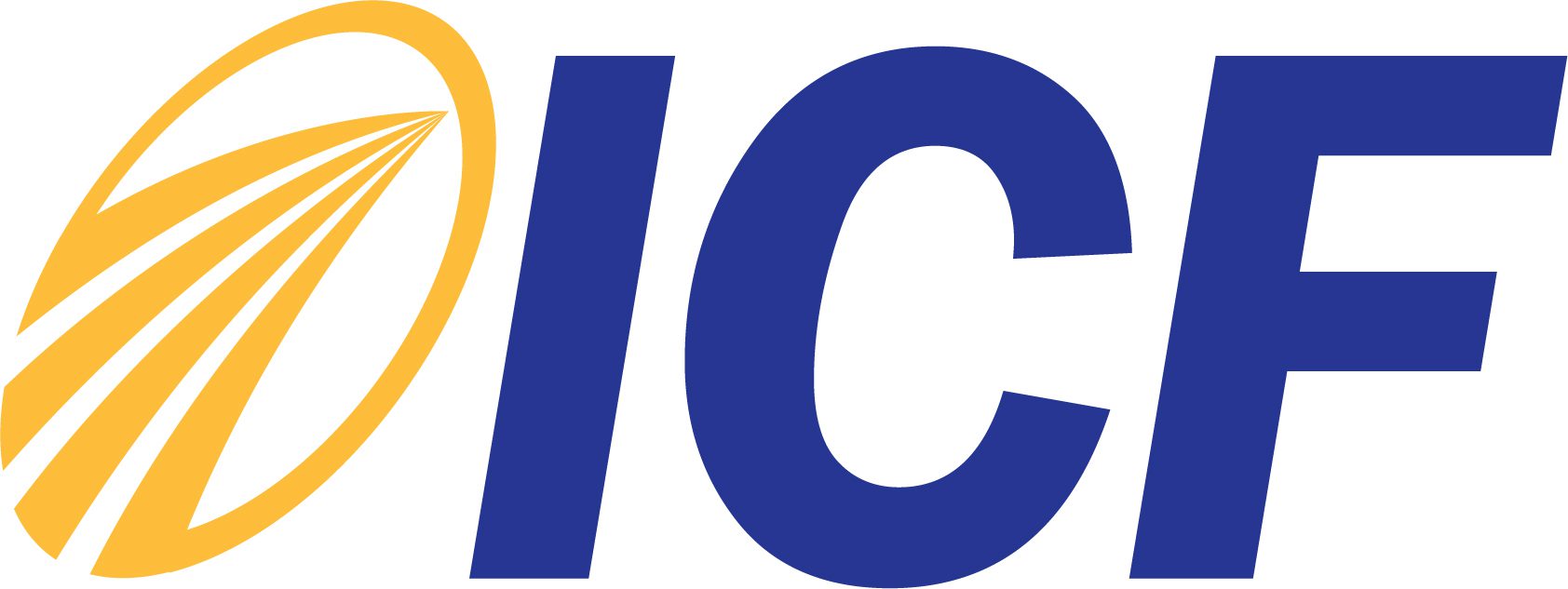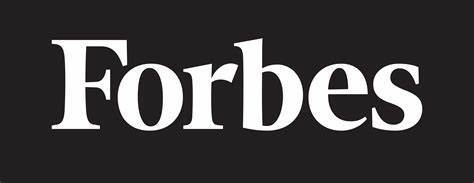Most of us will go through a career change at some point in our lives. This may be the result of long-held aspirations or the discovery of a new dream. Or it may be for financial or location reasons. Decisions have been made. Now you need a fresh, revamped CV (Resume)!
Identify your Transferable Skills
In your career change CV, you have to tell the story of your transferrable skills to hiring managers, explaining how qualifications from your previous career are still applicable and relevant.
Know your new industry! News, job descriptions, new hot trends….- being up to date is the key. Look at your current CV and make a list of all the skills you’ve gained and used throughout your career. Then make a list of all skills needed in your new industry and look what matches. Think out of the box! Don’t forget to include non-professional experience if relevant.
Determine which CV / Resume Format Works Best for You
A Chronological CV which lists experience from most recent to eldest may be the most commonly used resume format, but that doesn’t mean it’s the only option out there.
A functional CV is often the best choice for someone switching careers, since it puts the focus squarely on your skills and experience (rather than where you worked, and when). This type of CV highlights the most relevant parts of your work.
A combination CV which mixes the functional format with the chronological one — is also a good option if you’re shifting careers.
The Nitty-Gritty
Write an opening paragraph using the new job description. Less is more. Make it punchy and to the point no matter the industry, whether you’re moving into wedding photography for example or any or role. Highlight connections between the job description and your past achievements. Include keywords from the job description and link them to relevant skills or experience from previous roles.
Know what to leave out. Focus on only those which demonstrate that you’re a great fit for the new role, and make the most of them. Carefully review job descriptions for your target job. What kinds of skills are they seeking that you already have? Pump it into your CV.
Showcase Achievements that Brand You Effectively to your New Target
Make sure that your CV is filled with strong achievements and success stories demonstrating the skills you can bring to a prospective employer. Use it in a context that a hiring manager in a new field can understand. When thinking about your past achievements and writing success stories, I suggest that you follow the Problem, Action, Result format (sometimes referred to as STAR). It works.
Concentrate on selling your skills and abilities, and don’t forget that your desire to change career shows confidence, passion and motivation in itself.
If you’d like any more tips for writing a career change CV or want advice from a career coach don’t hesitate to get in touch.











